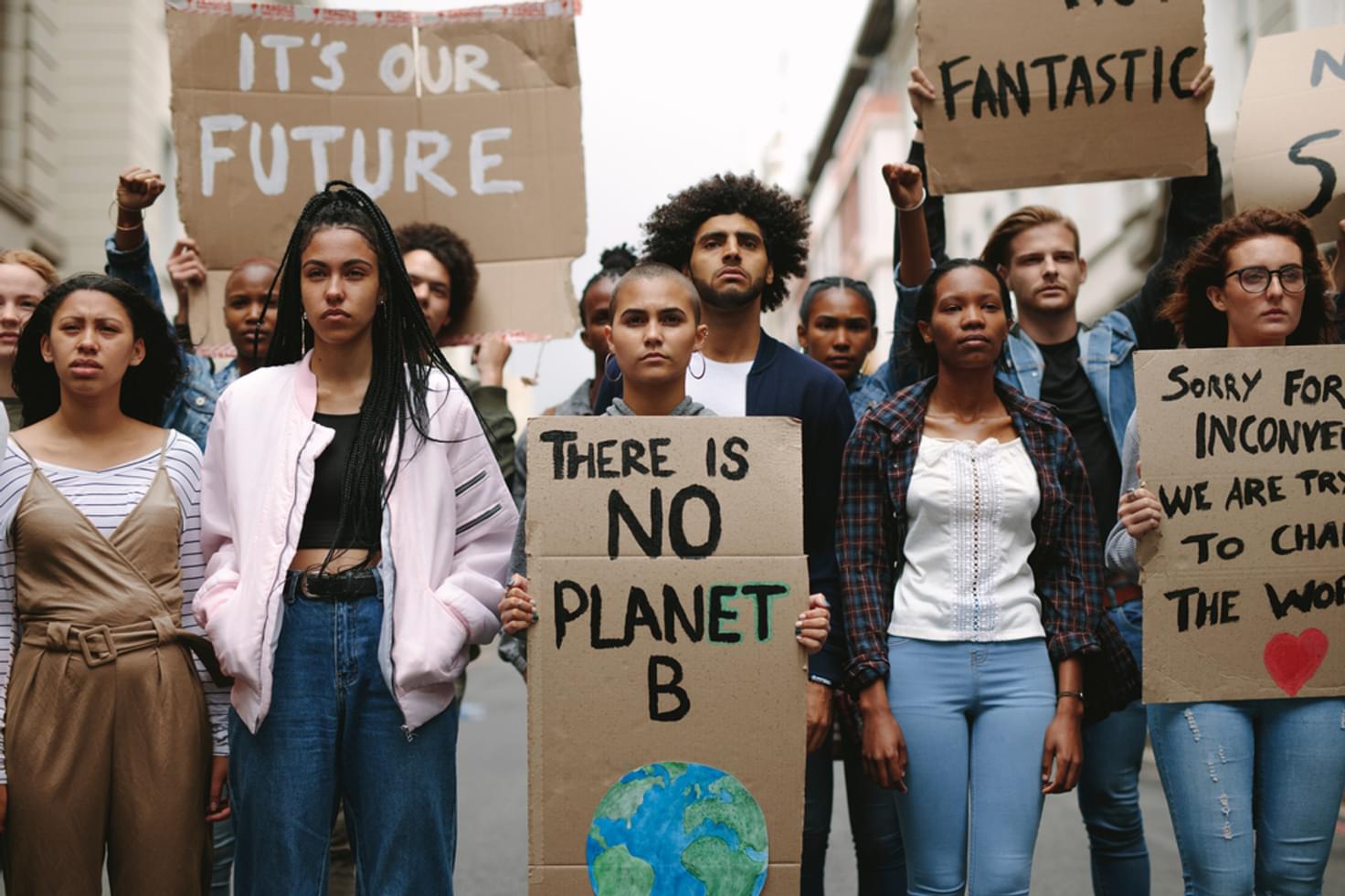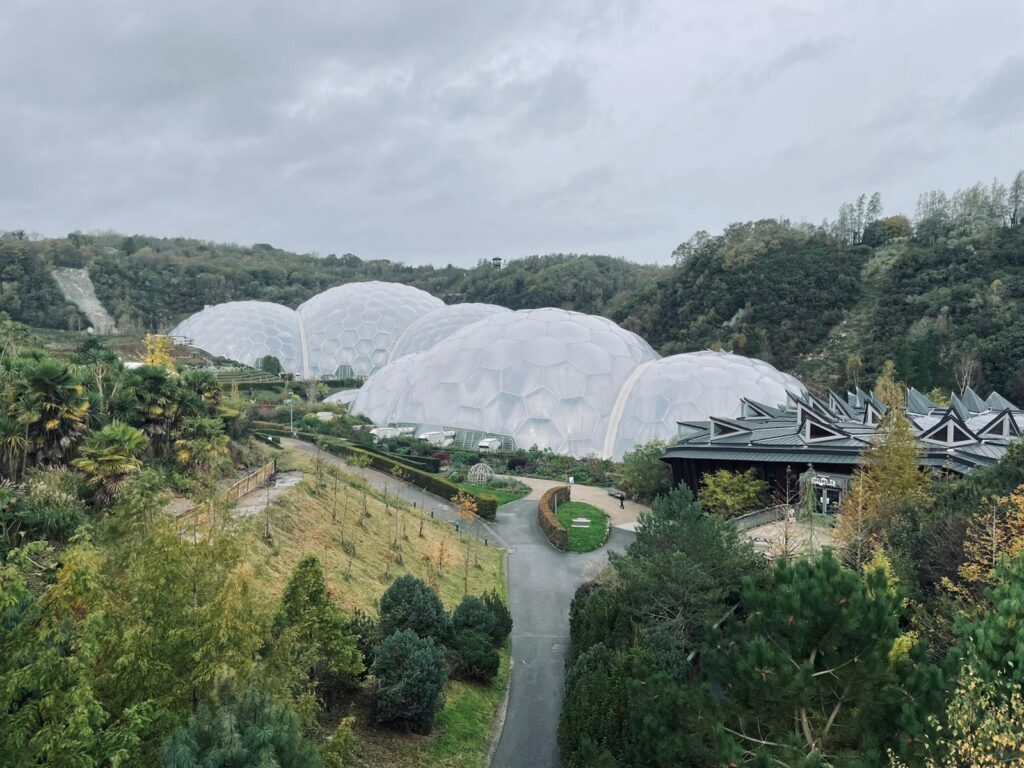
Words by Amy Packham
Young people need to be in the forefront of conversation about the future of the UK, as they are the future workforce.
That was the important message that came from the Anthropy discussion ‘Preparing UK young leaders for generation global social impact’, hosted by One Young World.
Most businesses in the UK have four generations in their workforce, so how can we bring them together? “We tend to put the onus on young people to be the change,” said George Imafidon, founder of Motivez. “However there’s a systemic side of everything, and people need to partner with you in order to make that change happen.”
For the One Young World ambassadors, it was about finding ways to co-produce and collaborate. “For me,” said Meg Zeenat Wamithi, MindMapper UK, “if you don’t start something, who will? Sometimes we wait for the perfect time or moment or resource, but social impact can start with you.”

So how can we encourage young people to be engaged in global social impact – and lead on our future?
Become an ambassador
“One Young World is a great way to do this,” says Rose, who works in CSR at Pfizer, and is a OYW ambassador. “The amount of connections that you get are a huge part of it. You mix with people who want to make an impact in the same space and do more together.”
It’s exposure, adds Meg. "Young people don’t realise what’s out there unless they’re exposed to it. It opens doors for young people. Sometimes all they need to be inspired is to be in the room.”
Reverse mentorship
Mentorship is important – and yes, senior leaders mentoring young people is beneficial, but reverse mentorship, where young people work with more senior leaders, to share their ideas, can be just as effective.
“It’s all about the cycle of exposure,” says Meg. “People can get value, advice, and insight from asking a young person about their ideas, background and learnings.”
Youth boards
Youth boards, or shadow boards, can be a great way to inspire young people to make an impact, says George. “It integrates them into decision making and what businesses are doing – and they can delegate decisions to young people.
“It can be scary, but it makes sure young people are integrated into the communities they’re trying to serve," he says.
However, adds Meg, there is the argument that young people shouldn't necessarily be separated from everyone else. "Get young people on formal boards," she says. "It shouldn't be performative. We have to be intentional about where we utilise our voices and our strengths."